A lot of podcast listeners ask about narcissism so I thought I’d find an expert.
Stan Tatkin is that guy. He did his dissertation on narcissism.
So this one gets really dense.
Stan reminds the listener that if you find yourself with a narcissistic person, you might want to look in the mirror. Gulp.
Shownotes:
- 7:50 Introduction Dr. Stan Tatkin
- 17:05 What is a narcissist person?
- 26:45 The second form of narcissism
- 38:30 How narcissists perceive their relationships
- 47:30 Is it possible to recover from a narcissistic behavior?
- 49:40 How do you spot a narcissist?
- 54:15: The difference between a healthy amount of selfishness and being a narcissist
- 59:30 Are narcissists capable of experiencing love?
- 1:04:30 What can we do for ourselves if we are around narcissists?
- 1:07:15 Action Step
Useful Links:



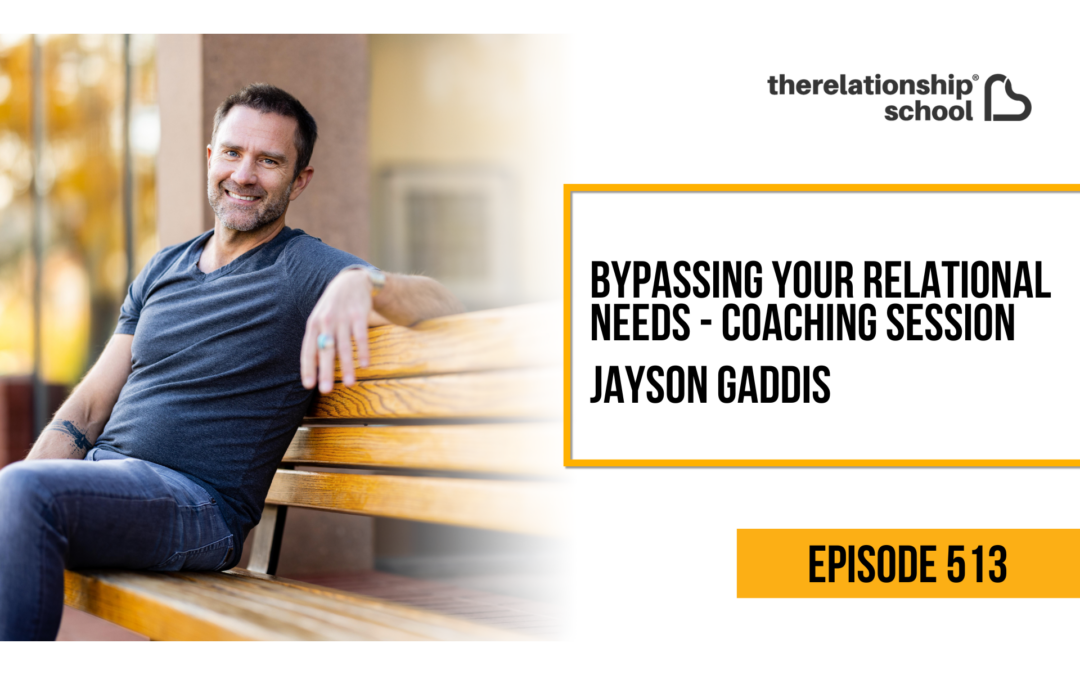
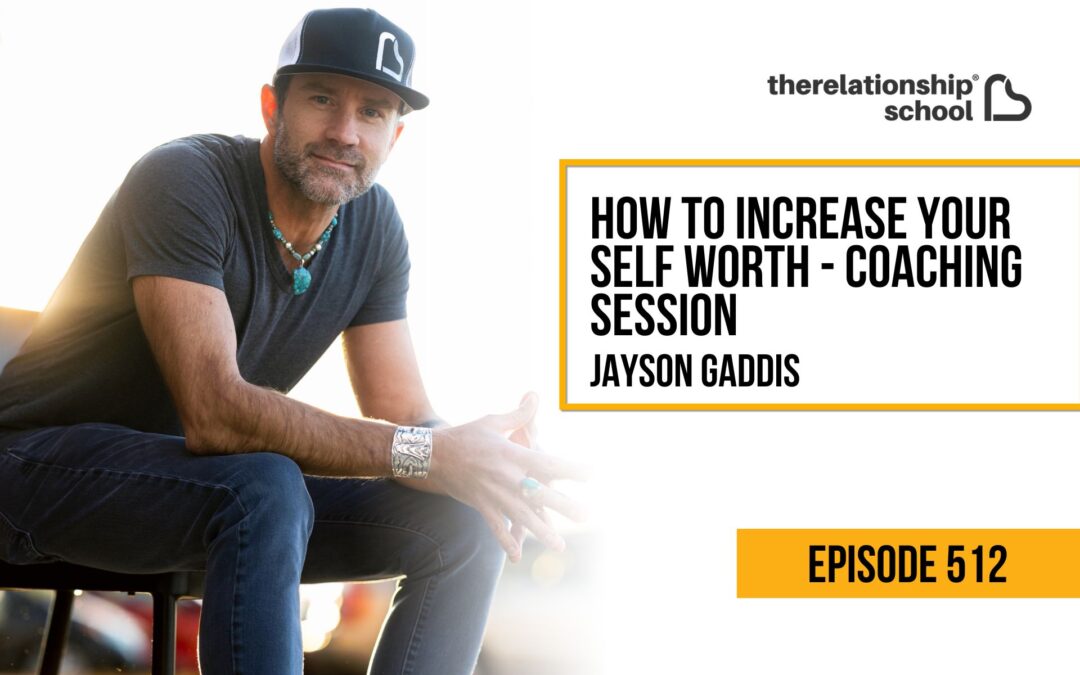
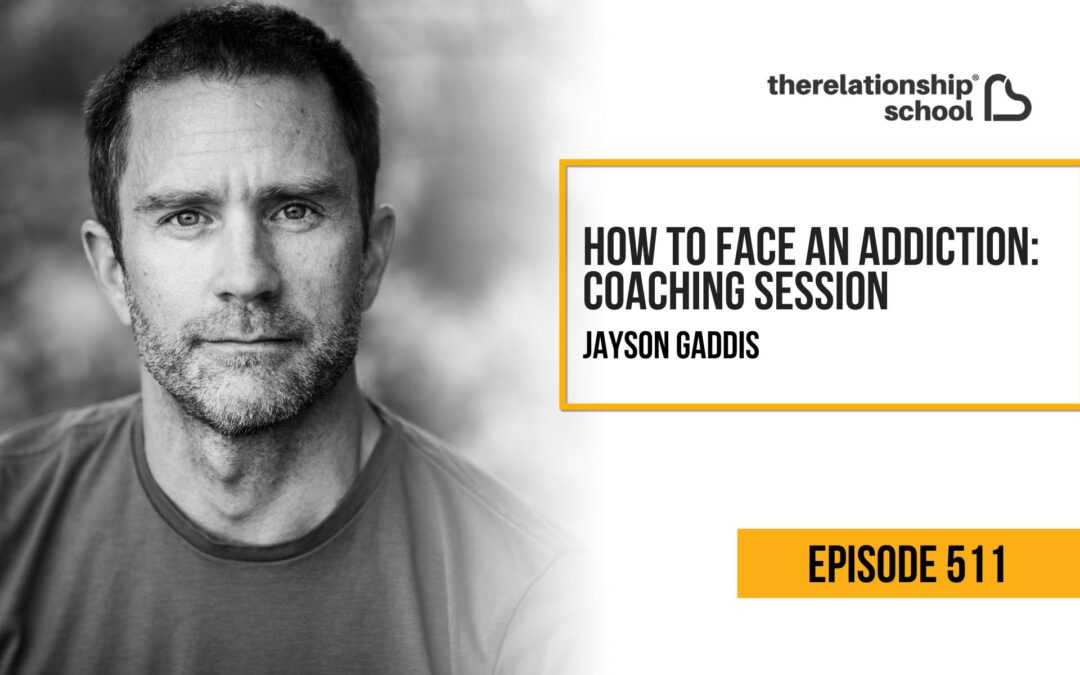
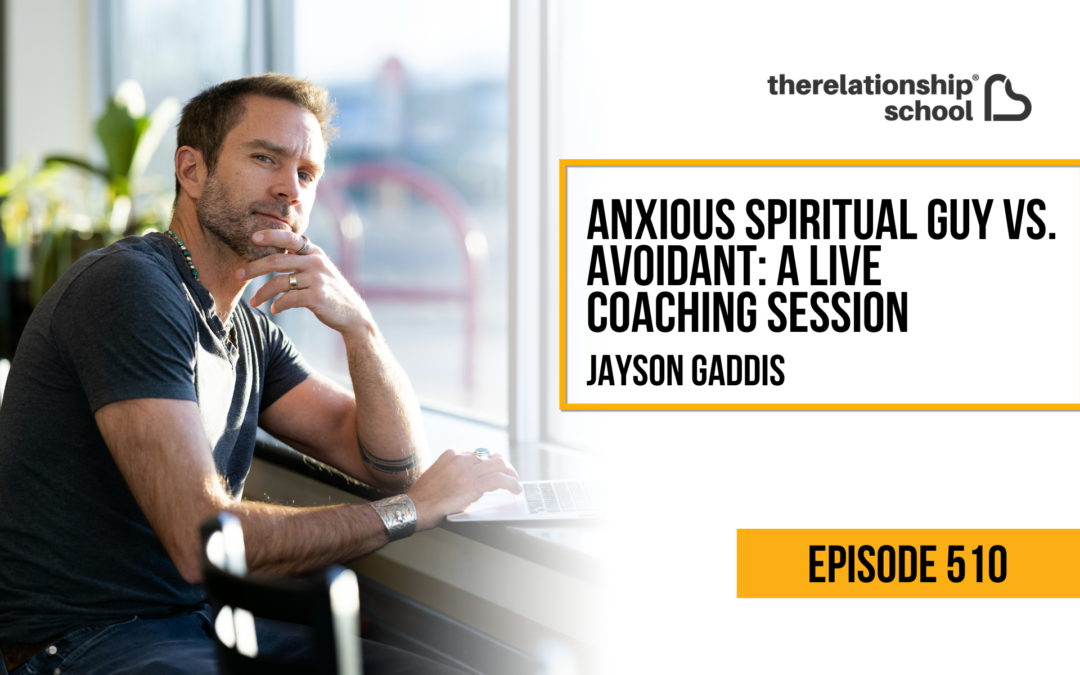
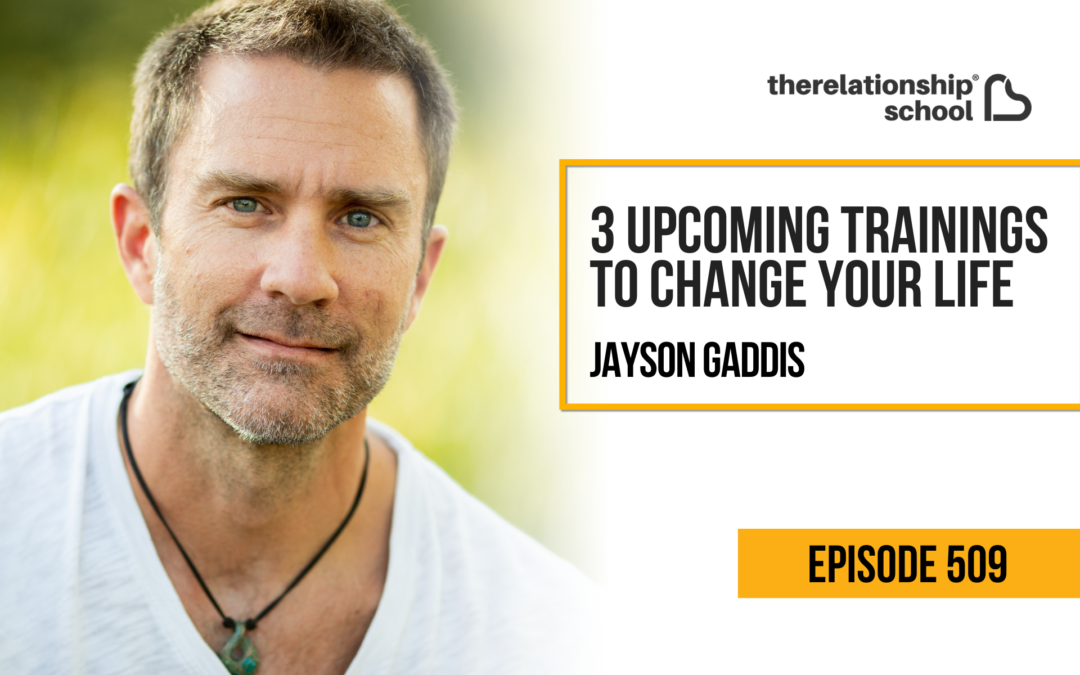








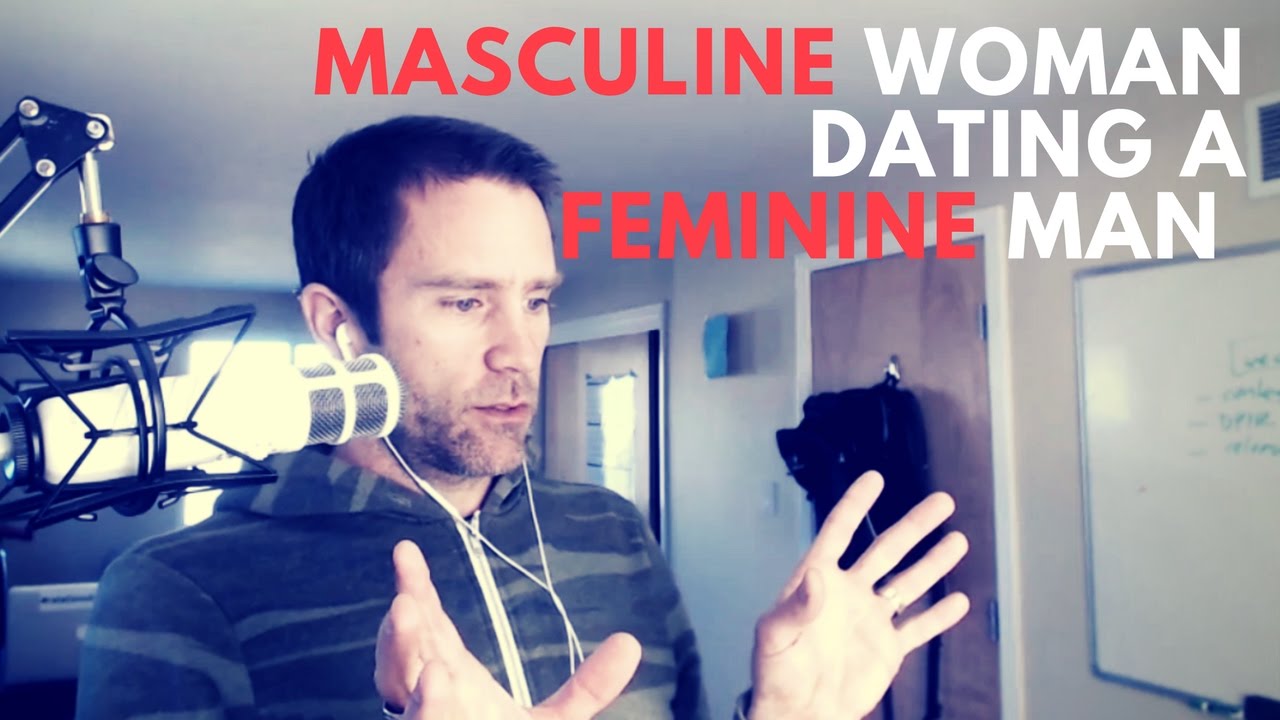


Firstly, this is a GREAT interview, with so much relevant knowledge and reminds us of the amazing insights of psychoanalysis which seems never to be mentioned in the public world anymore as if it is no longer relevant.
Secondly, their is a blindspot here: everyone talks about recognising OTHERS who are narcissists! How to spot a narcissist, etc. etc.. . . . as if WE OURSELVES are totally beyond narcissism. This is the most common, most all-round narcissism in the world . . that WE are not narcissistic, and THEY (the OTHER) is narcissistic.
hey Aron, thanks for these insights. I totally agree, I personally think its very important that we humble ourselves to look at ourselves, for example to consider any judgement or criticisms we have about others to as a potential possibility that it may be a projection of ourselves onto the other, and/or if the reason it bothers us so much is because its a piece of ourselves that we aren’t proud or accepting of. I also think that it’s helpful to remember that narcissism is brought on by deep attachment wounds. Many narcissists don’t particularly make it easy for us to empathize on their behalf, or we may not make it particularly easy for others to empathize with us… but it is a personality structure that is birthed from pain and suffering. AND, there are narcissistic tendencies and there is narcissistic personality disorder… so someone raised by a narcissist could have tendencies but not the diagnosis.. It’s quite the hot topic and I’m glad we’re talking about narcissism rather than using it as a curse word. Anyway just my two cents. Thanks for bringing this up and for listening to the podcast =) -Meg
Very informative. Confusing to have one part suggest that we look in the mirror while the title suggest avoiding them. Having dealt with this myself, I’d like to see the coaching and therapist community become better equipped to help. Is that possible? I am not an expert. In my limited experience, I see that a whole slew of approaches do not work with someone who cannot differentiate between their self and another. When this isn’t picked up on in coaching or therapy, I think it just makes things worse. Seems the person in the relationship who can tell the difference is left to look to people like Lisa A. Romano (who I found Very Helpful) to figure it out. I was expecting to get that help from my coach or therapist.
hi Kells, I hear you and sorry you ‘ve had to go through this. Dealing with this kind of intense splitting is extremely difficult. Are you able to more about what Lisa A. Romano did for you that a coach or therapist didn’t? Just a bit confused by that part of your comment, on how you wish coaches and therapists could show up differently. Thanks in advance, Meg =)
I have so always thought that. So it is good to see how it addresses the other flip side, (our own). Very Informative.
Hi Susan, glad you got something from the episode =)